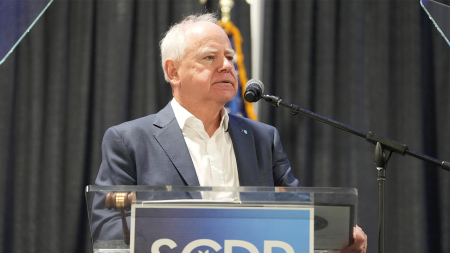The Montana Supreme Court has temporarily blocked a state law banning gender-affirming care for transgender minors, sparking a heated debate over parental rights, medical ethics, and the role of the judiciary. The law, Senate Bill 99, prohibits the use of puberty blockers, cross-sex hormones, and surgical treatments for gender dysphoria in minors. The court’s decision upheld a lower court injunction based on Montana’s constitutional right to privacy, which encompasses the right to make personal medical decisions without government interference. This ruling aligns with similar legal challenges in other states, where such bans have been met with varying degrees of success. While some states have seen their bans temporarily blocked, others have implemented them, creating a patchwork of legal landscapes across the nation regarding transgender healthcare for minors. The clashing perspectives on this issue underscore the deep societal divide concerning gender identity and the appropriate medical care for transgender youth.
The central argument against the Montana law rests on the assertion that it violates the fundamental rights of transgender minors and their families to make informed medical decisions. Proponents of gender-affirming care argue that these treatments are medically necessary and can significantly improve the mental and emotional well-being of transgender youth. They emphasize the importance of individualized care tailored to each patient’s needs, in consultation with medical professionals and parents. Blocking access to these treatments, they contend, infringes upon the right to privacy and bodily autonomy, causing undue harm to vulnerable youth. Furthermore, they highlight the potential for discrimination and stigmatization that such bans can perpetuate, creating a hostile environment for transgender individuals.
Conversely, supporters of the ban, including Republican Sen. John Fuller, the bill’s sponsor, argue that the treatments in question are “unscientific and experimental,” posing significant risks to children’s health and well-being. They express concerns about the potential for long-term, irreversible consequences of these treatments, particularly for individuals who may later regret their decisions. They emphasize the need to protect children from what they perceive as potentially harmful medical interventions, advocating for a more cautious approach to gender-affirming care. This perspective often frames the issue as one of child protection, arguing that minors are not mature enough to make such life-altering decisions.
The Montana Supreme Court’s decision has been met with strong reactions from both sides of the issue. Opponents of the ban, including the ACLU of Montana, celebrated the ruling as a victory for transgender rights and a reaffirmation of the right to privacy. They see the decision as a crucial step in protecting vulnerable youth and ensuring access to necessary medical care. However, supporters of the ban, such as Sen. Fuller, have criticized the ruling as an example of judicial overreach and “hyperpartisanship.” They express frustration with the court’s intervention in what they consider a matter of legislative prerogative. This divide reflects the broader polarization surrounding transgender rights, with both sides entrenched in their respective positions.
Adding to the complexity of the debate is the recent decision by the United Kingdom to indefinitely ban puberty blockers for minors. This decision, based on advice from medical experts, cites concerns about the safety and long-term effects of these treatments. While the UK’s decision focuses on puberty blockers, it resonates with the arguments made by those who support the Montana ban, bolstering their concerns about the potential risks of gender-affirming care for minors. However, proponents of gender-affirming care argue that the UK’s decision is based on flawed evidence and does not reflect the consensus within the medical community. They point to other countries where gender-affirming care is readily available, emphasizing the need for individualized treatment plans based on thorough medical evaluations.
The legal battle over the Montana law is far from over. The case will now proceed to trial in District Court, where the state attorney general’s office will defend the law’s constitutionality. This trial will likely delve into the scientific evidence regarding the safety and efficacy of gender-affirming care for minors, as well as the legal arguments concerning privacy rights and the state’s interest in protecting children. The outcome of this trial will have significant implications for transgender youth in Montana and could influence similar legal challenges in other states. As the debate continues, the courts will play a crucial role in navigating the complex ethical and legal considerations surrounding transgender healthcare for minors, ultimately shaping the landscape of access to these treatments across the country.










